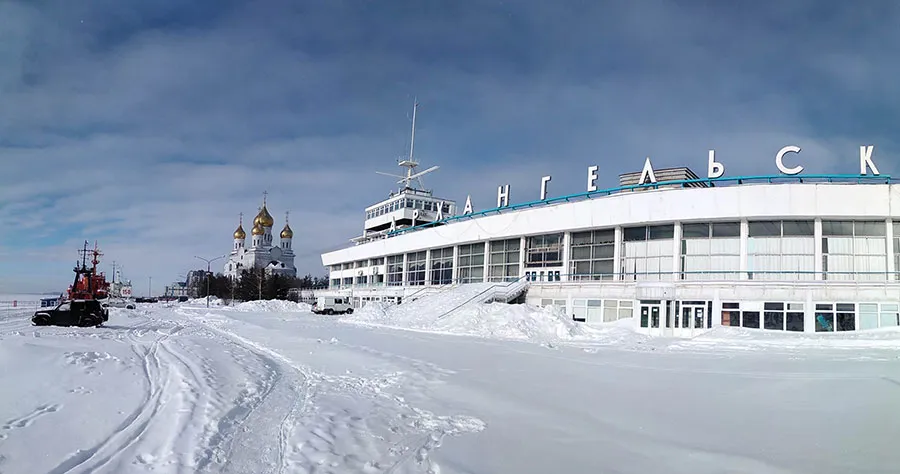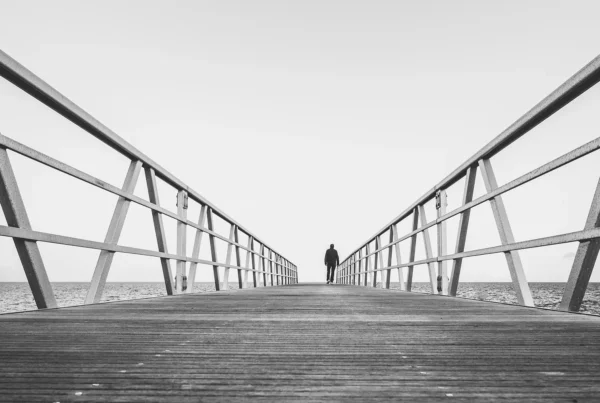Russia has called on the other Arctic states to develop cooperation for the joint peaceful use of the resources of the Arctic. The Arctic Council, an intergovernmental forum set up to develop the circumpolar region, has been “frozen” by the US and its western allies: the reason is Ukraine. Will the Artic be the next flashpoint between the West and Russia?
Ildar Gibadiukov
12 September 2024
Arabic version| Chinese version | Spanish version
Russia’s Arctic region is a vast territory of about 5 million square kilometers, which is home to more than 2.5 million people or about 40% of the population of the entire Arctic. That is why the safe and efficient development of the Arctic is one of Russia’s key national priorities.
Russia attaches great importance to the development of its Arctic territories. Suffice it to say that in the current concept of Russia’s foreign policy, the Arctic ranks second among the priority regional areas after the “Near Abroad” (friendly countries of the former Soviet Union).
Moscow has called upon all other Arctic states – Canada, Denmark, Finland, Iceland, Norway, Sweden and the United States – to cooperate for the joint peaceful use of this harsh land, which has perhaps the world’s largest reserves of oil, gas, minerals and other natural resources.
The Arctic Council promotes cooperation on environmental protection and sustainable development in the circumpolar regions, but its work in recent years has been in fact frozen. The US and other Western countries claim that Russia’s actions in Ukraine are hindering coordination and cooperation among Council members.
In fact, this is not the case: during Russia’s recent chairmanship of the Arctic Council (from May 2021 to May 2023), it was the US and the UK, joined by other countries unfriendly to Russia, that paralyzed the Council’s activities. All projects and initiatives proposed by the Russian chairmanship were blocked. And this, as with the imposition of anti-Russian sanctions, was done illegally.
At the same time, these countries are silent about the fact that they have long claimed the Arctic coast, building infrastructure there suitable for living in difficult natural conditions. This would appear to be in preparation for their long-term involvement in this key region.
When the chairmanship of the Arctic Council passed to Norway in 2023 (until 2025), Russia’s activities were formally unblocked, but little has changed. Now the efforts of the Council’s member states hostile to Moscow focus on achieving maximum restrictions of Russian military activities in the Arctic.
However, it is important that Russia has a military presence in its Arctic region to protect the strategically important Northern Sea Route from terrorist attacks such as the blowing up of the Nord Stream gas pipeline. The Northern Sea Route lies in Arctic waters, within Russia’s exclusive economic zone (EEZ).
Western countries consider not only Russia as their competitor in this region, but also China, which has declared its interest in the Arctic. Beijing is interested to pursue cooperation and development activities in the Arctic, while Russia is already actively using its opportunities in the region. This fact does not sit well with the rest of the Arctic countries, who are questioning Russia’s sovereign rights to its part of the Arctic.
Russian experts and others note that the ideology of Western confrontation with Moscow does not allow even pragmatically-minded Western leaders to take concrete measures, or at least to create a basis, for dialogue on the Arctic.
Instead, it is suggested that Russia should show “good will” and limit its Arctic development activities, until the Arctic countries are ready to start their own development activities. This denies Russia’s sovereignty in its part of the Arctic and indicates that these states are ready to oppose Russia’s resource extraction in its Arctic territory and its development of the Northern Sea Route near its border.
According to another strategic document, the Decree of the President of Russia “On the Foundations of the Russian Federation State Policy in the Arctic for the Period up to 2035”, Russia’s goals in the Arctic include: improving the quality of life of the population of the Arctic zone (including almost 40 indigenous peoples of the North); environmental protection in the Arctic; mutually beneficial cooperation; and peaceful resolution of all disputes in the Arctic on the basis of international law.
Moscow calls for the peaceful development of the Arctic by all countries in the region. It tirelessly emphasizes the importance of the joint development of the Northern Sea Route as a competitive transport artery with the possibility of its international use for transportation between Europe and Asia. However, with the recent accession of Finland and Sweden to NATO, Russia has become the only Arctic power that is not a member of this military alliance, the very existence of which is justified by the need to “contain the Kremlin.”
That is why the next point of confrontation—or flashpoint–between Russia and the West could be the Arctic. But Russia definitely does not want confrontation but rather cooperation, and calls on all clear-minded forces to develop jointly the Arctic for present and future generations.
To achieve this, it is necessary to acknowledge Russia’s role in the Arctic and to cooperate with Russia, which can benefit all. It is thus high time to realize that there can be no Arctic without Russia!







